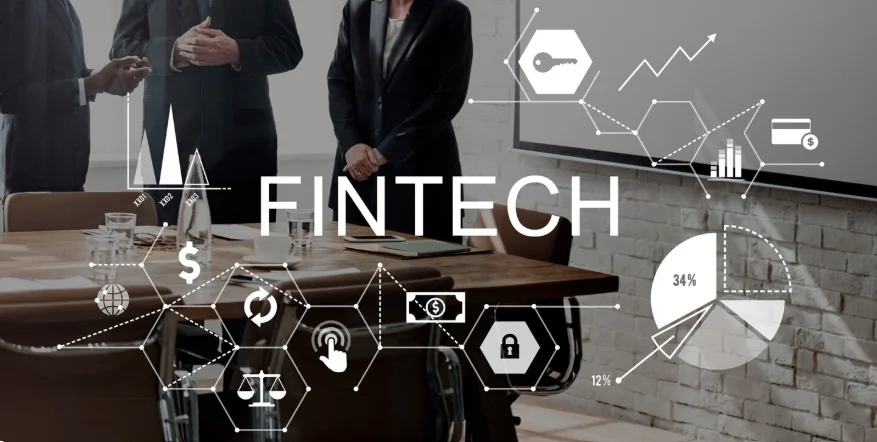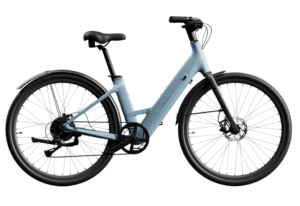Over the past two decades, the financial world has undergone a dramatic transformation. One of the most revolutionary shifts has been the digitization of trading and investing through dematerialized (Demat) accounts. Once dominated by paper-based transactions and long settlement periods, the investment landscape has evolved into a dynamic, tech-driven ecosystem. As technology continues to advance, Demat accounts are not just becoming more accessible but also smarter, safer, and more efficient.
Today, choosing the best Demat account isn’t just about low fees or seamless transactions. It’s also about finding a platform that offers real-time insights, robust security, AI-driven portfolio management, and a user-friendly experience. With fintech innovation on the rise, investors—both seasoned and new—are demanding more from their trading platforms. This shift is reshaping the future of Demat accounts in ways we could have only imagined a few years ago.
The Rise of Digital Investing
The popularity of Demat accounts has grown exponentially with the rise of mobile technology and internet penetration. With just a few taps, investors can now buy, sell, and monitor their portfolios from anywhere in the world. The convenience of opening a Demat account online, often with minimal documentation and instant verification through eKYC (electronic Know Your Customer), has eliminated traditional barriers to entry in the stock market.
Moreover, younger investors—particularly millennials and Gen Z—are more comfortable with mobile apps and digital platforms than visiting physical brokerages. This behavioral shift has encouraged service providers to make their platforms more intuitive and mobile-friendly, fueling greater adoption of Demat accounts.
AI and Automation: Smarter Investing
Artificial Intelligence (AI) and machine learning are playing a major role in revolutionizing how investors manage their portfolios through Demat accounts. These technologies can analyze vast amounts of data to provide personalized investment recommendations, predict market trends, and even automate trades.
Robo-advisors—AI-powered digital platforms—are becoming popular, especially among novice investors. These tools assess an individual’s financial goals and risk appetite and automatically build and rebalance a diversified portfolio. Such features are being integrated directly into Demat platforms, allowing for a more holistic investing experience.
Real-Time Analytics and Insights
In the past, accessing detailed market data required subscriptions to financial terminals or services. Now, thanks to technology, real-time insights are built into most modern Demat platforms. Investors can get access to live stock prices, technical charts, company financials, analyst reports, and even news updates—all within a single dashboard.
Some platforms go further by offering predictive analytics, sentiment analysis, and trend forecasting based on social media chatter or global news. These capabilities empower investors to make more informed decisions without relying solely on traditional research methods.
Enhanced Security and Fraud Prevention
As digital investment grows, so does the risk of cyber threats. Fortunately, advancements in cybersecurity are keeping pace. Multi-factor authentication (MFA), biometric logins, and blockchain-based transaction recording are now becoming standard practices in many Demat account platforms.
Some providers also use AI to detect suspicious activity or anomalies in trading behavior, alerting users and freezing actions if necessary. These innovations are not just optional features—they are vital for maintaining user trust in an increasingly digital environment.
Seamless Integration with Other Financial Services
Modern Demat accounts no longer operate in isolation. Today, they’re part of an integrated financial ecosystem that includes mutual funds, SIPs (Systematic Investment Plans), bonds, IPOs, ETFs, and even insurance. Investors can manage their entire financial portfolio from a single app or platform.
This seamless integration allows for better financial planning and easier diversification of assets. For example, if the market is volatile, an investor can shift funds from equities to safer instruments like debt mutual funds—all from the same interface.
Accessibility and Financial Inclusion
Technology is also helping bridge the gap between urban and rural investors. With increasing smartphone penetration and low-cost internet access, people in tier-2 and tier-3 cities are now opening Demat accounts at record rates. Regional language support, simplified user interfaces, and educational tools are making investing less intimidating for first-time users.
Government initiatives and regulatory support, such as the Unified Payments Interface (UPI) for IPO applications and Aadhaar-based verification, are further lowering the entry barriers. As these trends continue, we can expect a more inclusive investment landscape in the future.
Future Outlook: What’s Next?
The future of Demat accounts lies in continuous innovation and user-centric design. Here are some likely trends we’ll see in the coming years:
- Voice-activated trading: With smart assistants becoming mainstream, trading through voice commands might become a reality.
- Blockchain integration: This could enhance transparency and speed up settlement cycles.
- Hyper-personalization: AI will further refine recommendations based on individual behaviors, goals, and market sentiment.
- Decentralized Finance (DeFi) convergence: As DeFi matures, Demat accounts could integrate with decentralized platforms for new investment avenues.
These advancements will not only make investing more efficient but also empower individuals to take greater control of their financial futures.
Conclusion
Technology has already transformed how we invest, and the evolution of Demat accounts is just one piece of a larger financial revolution. From AI and automation to enhanced security and broader accessibility, these digital platforms are paving the way for a more informed, inclusive, and intelligent investing culture.
As more platforms continue to innovate, the emphasis will increasingly shift from just executing trades to providing a complete, seamless, and personalized financial experience. Among the many platforms embracing this change is Rupeezy, which reflects the industry’s broader movement towards smarter, tech-enabled investing—making the future of Demat accounts not just digital, but dynamic.







